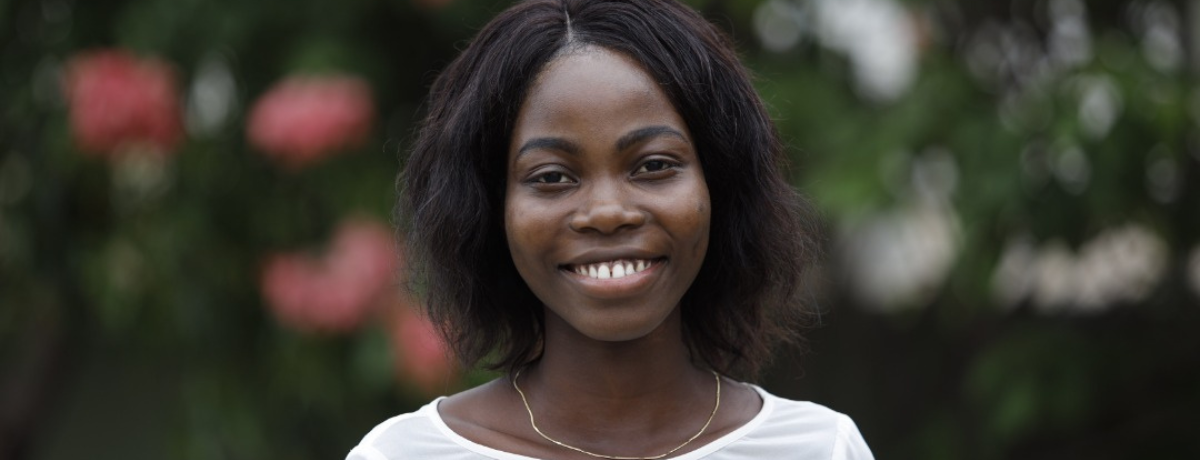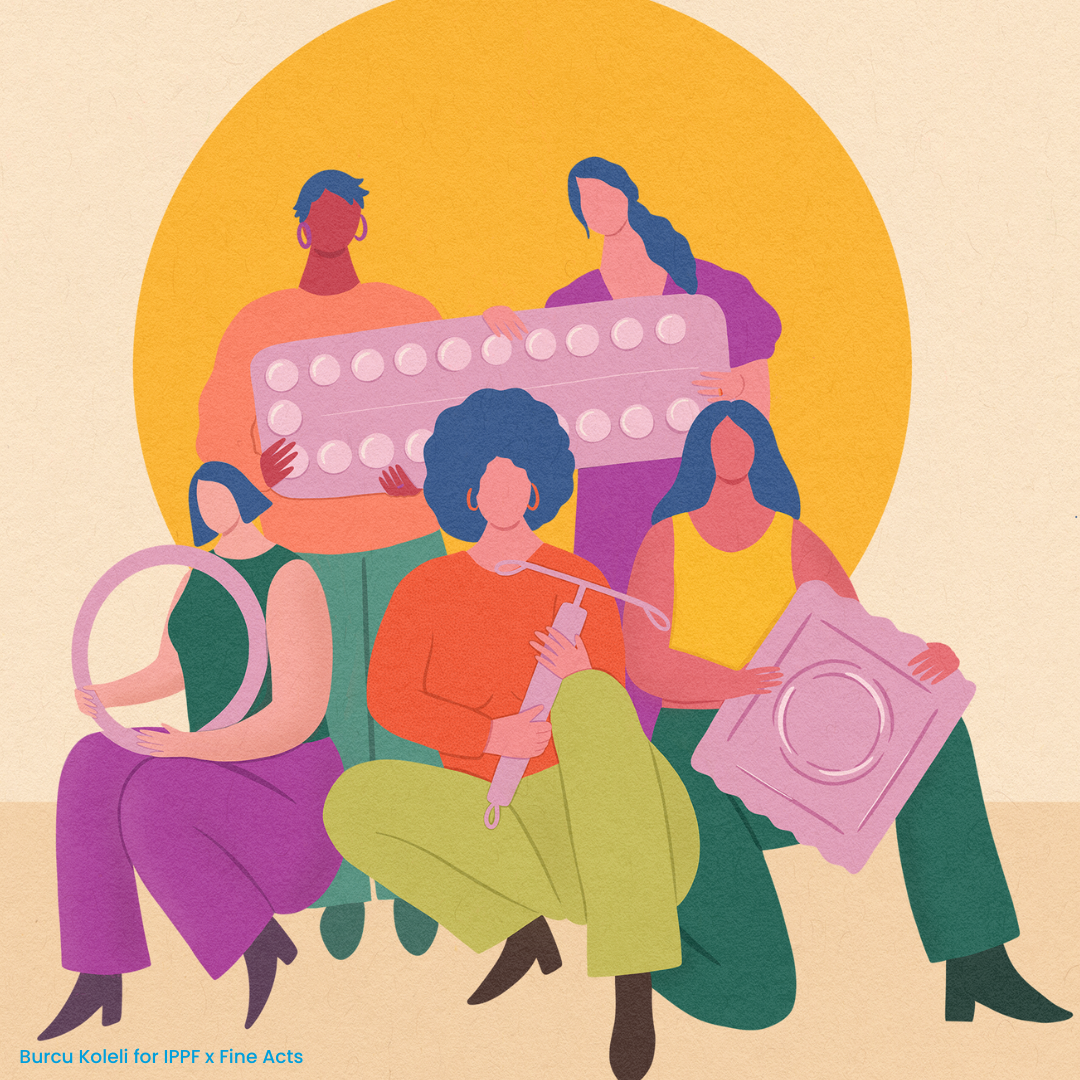Tropical Cyclone Idai hit Mozambique on March 14 leaving hundreds dead, thousands of homes destroyed and almost two million people impacted. Weeks after Idai hit, thousands of people remain in internal displacement camps.
Cyclone Idai is considered one of the most devastating tropical cyclones to have hit Africa to date, and as the effects continue to unfold millions are in urgent need of humanitarian assistance.
What people sometimes forget, is that among those affected by the cyclone we count close to 75,000 pregnant women, of whom 43,000 are expected to give birth during the next six months.
Humanitarian crises increase the occurrence of sexual violence, exposure to sexually transmitted infections including HIV, and unintended pregnancies. Without organizations ready to deliver family planning and other sexual health care services, Mozambicans might be forced by circumstances to relinquish their freedom to make decisions about their own bodies.
AMODEFA, the Mozambican IPPF Member Association, has been deployed to the Beria and Sofala provinces, which are some of the worst affected areas in Mozambique. While family planning is being provided by different actors in the camps, many people are not aware that these services are available, or they don’t know where to go to receive care. The AMODEFA team in Beira has started training volunteers to deliver awareness sessions on sexual and reproductive health issues and it plans to start mobile outreach services with staff from its existing clinics in affected districts of Zambezia and Tetu. They also partnered with the UNFPA to procure Dignity Kits and Clean Delivery Kits for distribution and the organization has been working closely with the Ministry of Youth, Ministry of Education, the Disaster Management Committee, and the Provincial Health Authorities.
However, due to the funding cuts cause by the Global Gag Rule (GGR) AMODEFA was already severely crippled when Cyclone Idai hit Mozambique. The organization was forced to close 8 associated clinics and programmes due to the GGR, so instead of rolling out an emergency response at full capacity, they only have one admin officer in Beira. With insufficient numbers of trained staff, AMODEFA has had to train volunteers from scratch so that they could properly service the affected areas.

In the Gaza Province AMODEFA is not only operating 3 clinics, instead of 9 as in the past, due to budget cuts caused by the GGR.
Photo credit: Cosmina Marian/C2030E
Even if the GGR doesn’t directly impact funding of humanitarian aid it did have an impact on the response capacity of AMODEFA and other actors through reduced access to health care at a time when people are at their most vulnerable. Disaster preparedness is critical in sexual and reproductive health care, and the situation in Mozambique has shown how the weakening of civil society organisations can have dramatic consequences for the lives of women and girls during times of disaster. It is vital to strengthen the resilience of organisations like AMODEFA not only to natural disaster, but to the catastrophic impact of the Global Gag Rule.
Main photo: AMODEFA clinic in Gaza Province, Mozambique.
Photo credit: Cosmina Marian/C2030E
Article by Cosmina Marian/C2030E
Read the next blog in our series about family planning in Mozambique.



